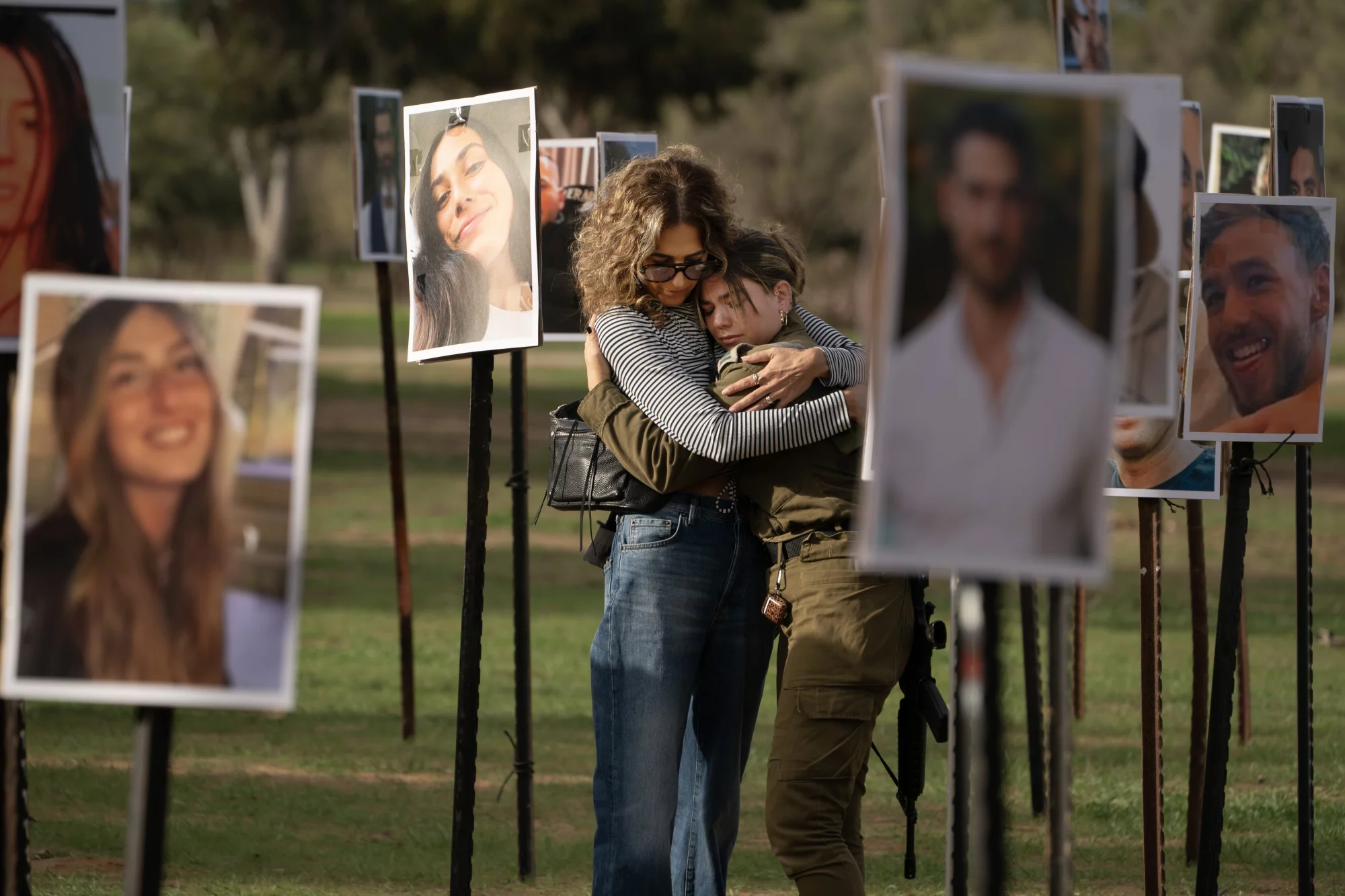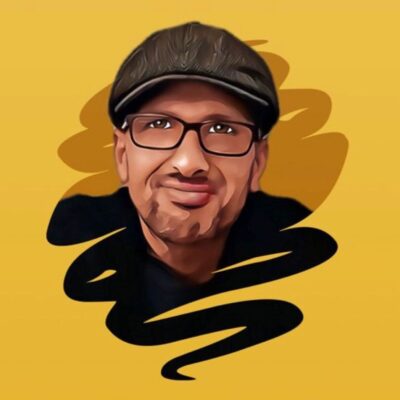
Two years on, the day remade the moral map, and the tremors have only begun. What began as a date in Israel has become a fracture line in world history - not a footnote, but a new axis around which the moral calendar now turns.
By Rafael Baroch
Many still resist that recognition. They cling to old comforts: disasters with expiry dates, pandemics with recovery plans, wars that obediently yield to treaties and memory—events we can archive, label, and move past.
But after October 7, there is no “normal” to return to. The before has been erased; the after is what remains - unsettled, unfinished, unwilling to close.
The memory of that day does not rest quietly in history. It seeps and stains, darkening the more the world tries to wash it away. What began as terror quickly revealed itself as something larger: a stress test for the moral reflexes of free societies. It showed how effortlessly principles bend when blood is spilt under the right flag.
The responses told the story. There were statements of outrage, campus manifestos, and public rituals of concern. And, in city squares from Paris to Sydney, the righteous noise of those who imagine themselves heirs of justice and civilisation.
Hamas - responsible for murder, rape, and mutilation; for the calculated attempt to erase a people both in flesh and in symbol was less condemned than canonised in some quarters, its crimes rebranded as “resistance.”
The victims were forgotten before their families could bury them. Images of slaughtered families vanished faster than statements from Western universities eager to recast the perpetrators as freedom fighters so long as the dead were not “our kind of people.”
COVID taught the world how to pause and restart. October 7 taught something else: it tore the mask from civilisation and showed the face beneath. The old normal was not suspended; it was executed.
What remains is an aftershock that reaches far beyond Israel into corridors of power, newsrooms, campuses, and salons where the West’s self-image now trembles like glass.
And so the spectacle repeats, without shame. Perpetrators are celebrated; victims are distrusted or erased. History is revised by those most fluent in the rhetoric of oppression, even as their hands are not yet clean. Solidarity and justice become performance art; the loudest voice claims the right to define reality. The line between victim and perpetrator - between truth and spectacle - has rarely been thinner, or more deliberately blurred.
Two years have passed since October 7, and the tremors have not subsided; they have only begun. In this new terrain, the old coordinates are no longer valid. Memory proves as pliable as morality bent to fit the slogan of the hour, the cause that trends. There is no way back.
Only this remains: what was revealed that day cannot be unseen, cannot be unknown, cannot be buried under hashtags, tribunals, or moral theatre.
Those who believe a war ends when the bombs fall silent have learned little about this region. In the Middle East, wars do not end; they mutate. The moment the guns stop, the ground begins to move.
Every cease-fire is an incubation period; every silence, a prelude. The Arab Spring should have taught us that the most unpredictable tremors come after the explosion - when the smoke clears and everyone claims to be the victim, when the moral terrain fractures again, and the next revolution, the subsequent collapse, the next wave of vengeance begins to stir beneath the rubble.
October 7 was not an ending. It was the epicentre of something still spreading, a fault line whose aftershocks would shape not only the Middle East, but also the moral geography of this century.






